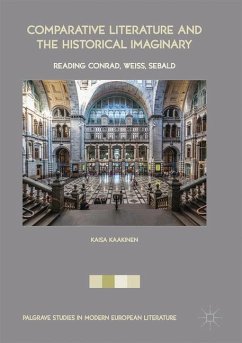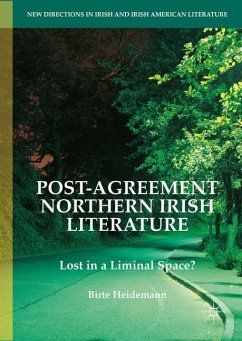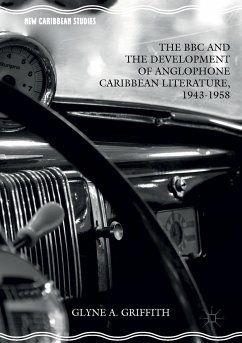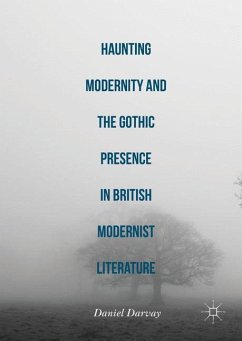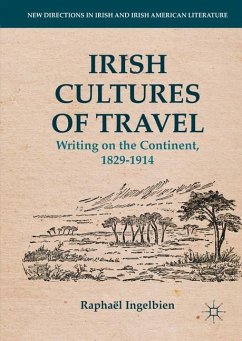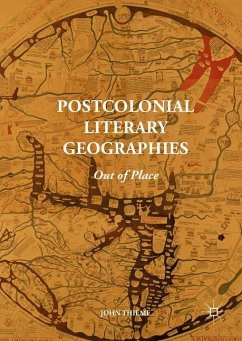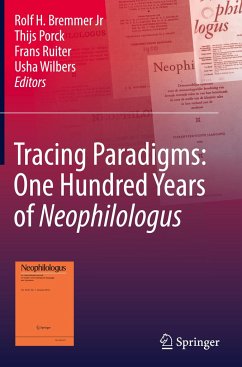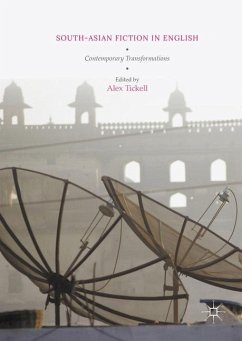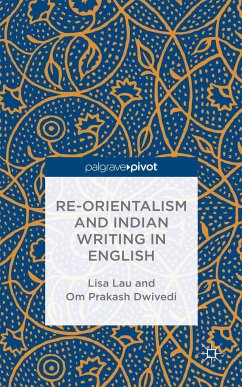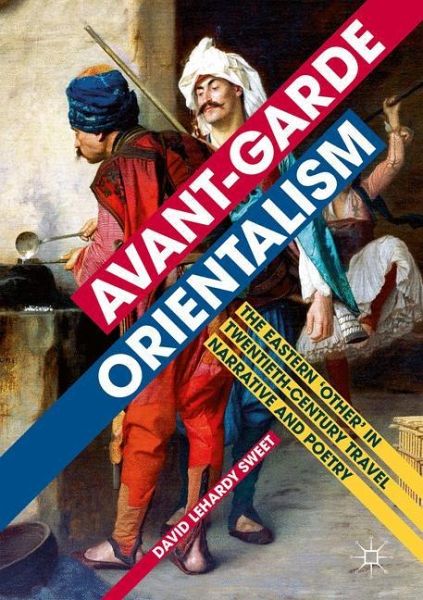
Avant-garde Orientalism
The Eastern 'Other' in Twentieth-Century Travel Narrative and Poetry
Versandkostenfrei!
Versandfertig in 6-10 Tagen
76,99 €
inkl. MwSt.
Weitere Ausgaben:

PAYBACK Punkte
38 °P sammeln!
This study explores the work of Western avant-garde writers who traveled to and wrote about Asia and North Africa. Though exoticist in outlook, many of these writers were also anti-colonialist and thus avoided some of the pitfalls of academic orientalism by assuming an aesthetics of diversity while employing strategies of provocation and reciprocity. As a survey of works on travel (including essays, novels, poems, and plays), the book challenges or modifies many postcolonial assumptions about Western writers on the Orient: from the French Surrealists to the American Beats and even transnationa...
This study explores the work of Western avant-garde writers who traveled to and wrote about Asia and North Africa. Though exoticist in outlook, many of these writers were also anti-colonialist and thus avoided some of the pitfalls of academic orientalism by assuming an aesthetics of diversity while employing strategies of provocation and reciprocity. As a survey of works on travel (including essays, novels, poems, and plays), the book challenges or modifies many postcolonial assumptions about Western writers on the Orient: from the French Surrealists to the American Beats and even transnational authors of the new millennium. Through a synthesis of avant-garde, postcolonial, and travel literature theories, Avant-garde Orientalism works in the best tradition of comparative literary study to identify and analyze a distinct category of world literature.



